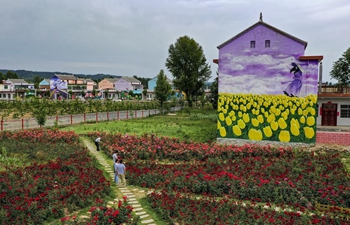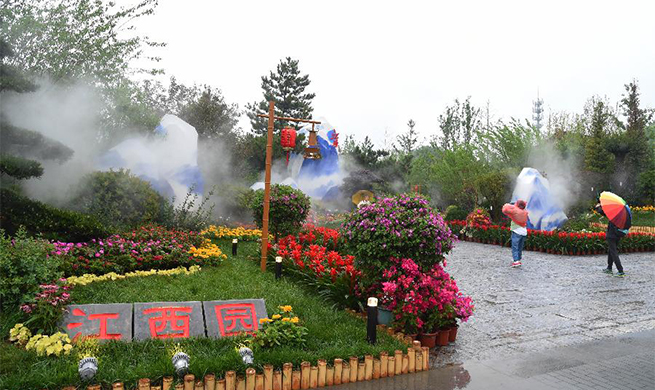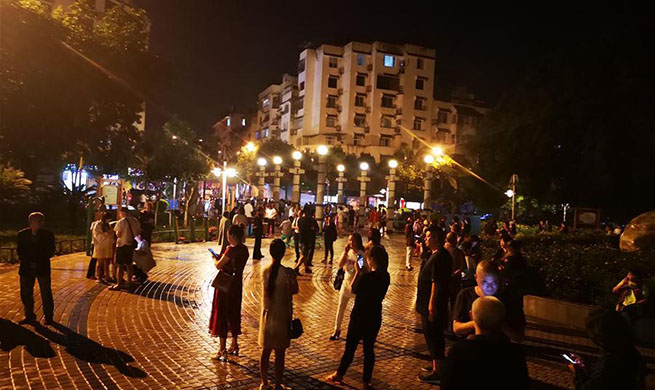MANILA, June 18 (Xinhua) -- Aid workers from the Asia-Pacific region have agreed to work together on ensuring that health care in the region is safe from disruption and violence, the International Committee of the Red Cross (ICRC) said here Tuesday.
"Representatives of health ministries, medical associations, academia, military and aid organizations from nine countries have affirmed there is an urgent need to strengthen the preparedness of health-care systems in this regard," the ICRC said in a statement.
The aid agency said the affirmation was made during the first ever regional meeting held June 13 to 15 in the Philippines. A total of 65 participants from Afghanistan, Australia, Bangladesh, Indonesia, Japan, Pakistan, and the Philippines, among other countries, attended the meeting.
The ICRC said the participants "reaffirmed their collective responsibility in a declaration to enhance the protection of health-care services from various forms of violence." While the process needs to be led by states, the participants noted that "there are many opportunities for other stakeholders to contribute to the effort."
"Every day, medical personnel, nurses and health responders are confronted with situations of violence and other actions that disrupt the provision of health care to those who need it the most. This can range from deliberate attacks in cases of conflict, to violent verbal abuse from a patient," said Maciej Polkowski, head of the Health Care in Danger (HCiD) initiative at International Committee of the ICRC.
At the meeting, Polkowski said the participants discussed and shared concrete experiences in the task of making health-care services accessible, safe and free from violence.
At the end of the meeting, the participants adopted the "Manila Declaration on the Protection of Health Care," a document that lists down the important measures needed to safeguard the region's health care system.
One of the three measures is to ensure that weapon bearers strengthen their respect for safe and secure delivery of health care through practical measures such as training manuals and standard operating procedures.
Another measure is for the authorities to undertake appropriate measures to train and educate civil servants, health-care workers and the public on domestic laws protecting health care.
The third measure is the need to strengthen the resilience and preparedness of health-care systems to face attacks, with focus on the physical security of facilities, training of staff to prevent and manage violence and to strengthen coordination mechanisms.
The HCiD initiative was launched globally in 2011 by the ICRC and the International Red Cross and Red Crescent Movement to improve the protection of health care. It is a multifaceted initiative that encompasses partnerships, advocacy and an operational approach. The recent Asia-Pacific meeting was organized by the ICRC in partnership with the Philippine Red Cross.













